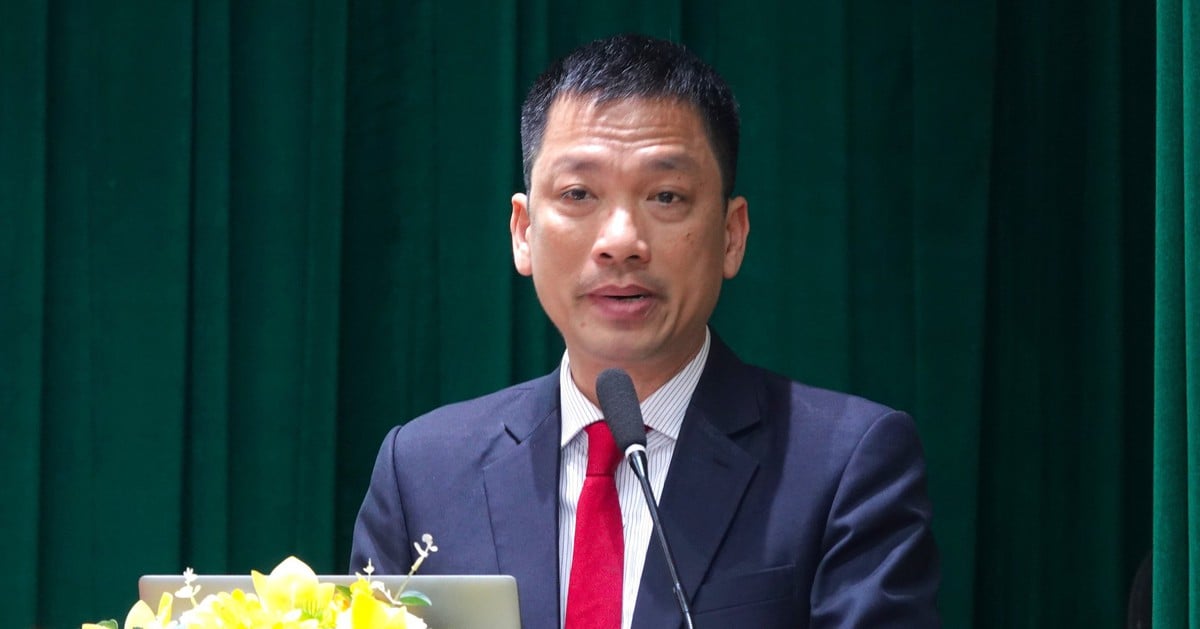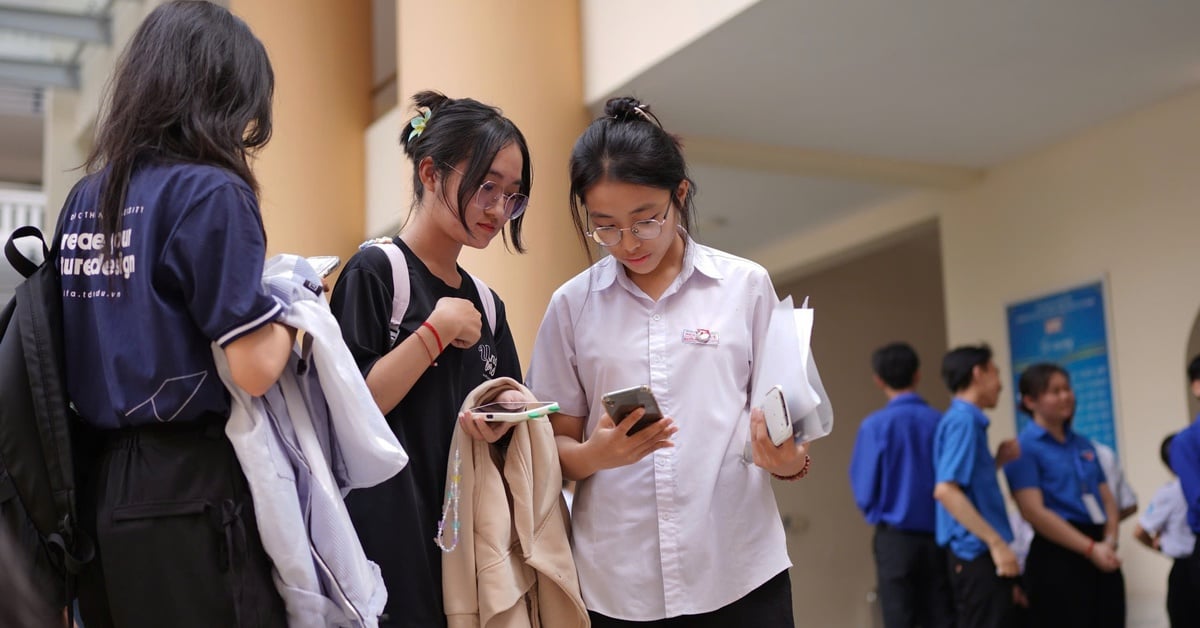Instead of focusing only on tightening extra tutoring, it is important to correctly recognize the nature of supply and demand in extra tutoring and have synchronous solutions to both legalize, effectively manage and gradually reduce the need for extra tutoring in the future.

Extra teaching and learning content attracts the attention of Tuoi Tre readers - Photo captured from newspaper page
Extra classes and tutoring have long been a popular phenomenon not only in Vietnam but also in many countries such as Korea, China, Japan... In the context of an education system that emphasizes exams and competition, extra classes seem to have become an indispensable part of students' learning process.
Legalize tutoring
First of all, it is necessary to acknowledge that extra classes come from the real needs of students and parents, not simply the result of teachers abusing their power to force them. Extra classes can come from many different motives: weak students need to supplement their knowledge, good students want to improve for exams, or simply because of pressure from families who want their children to achieve better results.
In addition, the heavy educational program, limited teaching methods, large class sizes and exam pressure have created a vibrant tutoring market that, even if banned, will still exist in many different forms such as home tutoring, exam preparation centers, online teaching or group classes organized by teachers...
Meanwhile, tutoring is also a real need for teachers. With the current state salary, many teachers can hardly afford to live in urban areas if they only rely on their main income from school. As a result, some teachers may find ways to leave public schools to open private tutoring classes, or those who have graduated from teacher training but do not have the opportunity to become permanent teachers also join the tutoring market.
This creates competition between public and private teachers, and makes banning tutoring impractical because the need still exists, just shifted from one place to another.
Therefore, instead of a strict prohibition, a more reasonable approach is needed: legalizing tutoring but controlling it according to the law. A strict management model can help eliminate the negative aspects of this activity without disrupting the real needs of students.
There should be clear regulations on public teachers being allowed to teach extra classes but not to teach students in their own class, and not to force or cut back on the content taught in class. At the same time, extra classes need to be officially registered, tuition fees need to be made public, ensuring that there is no overcharging or illegal teaching.
Besides, the control of exam preparation centers must also be stricter, not only in terms of teaching quality but also in terms of program content, avoiding the situation of mechanically cramming knowledge in the style of "teaching for exams".
The "original" solution
However, legalizing tutoring is only part of the solution. More importantly, how to reduce the demand for tutoring in the long term. This cannot be done overnight but requires a comprehensive strategy that affects the entire education system from curriculum, teaching methods to enrollment policies and teachers' income.
First of all, it is necessary to continue to innovate the educational program in the direction of reducing the workload and personalization. One of the reasons why students have to take extra classes is because the official curriculum is too heavy, not only due to the content of the program but also due to the pedagogical talent of teachers, which makes teaching ineffective, the conditions of facilities, class size and especially the testing and assessment policy.
If the curriculum were designed more flexibly, allowing students to learn at their own pace rather than imposing the same standards on all, the need for extra tutoring would be significantly reduced.
Along with that, applying technology in teaching and building free or low-cost online learning platforms can also help students supplement their knowledge without having to depend on traditional extra classes.
In addition, there should be policies to support students right in school, especially those with poor academic performance. If schools organize free or low-cost tutoring classes right in the school, students will not have to seek extra classes outside.
At the same time, group learning and tutoring models among students can also be encouraged to create a mutually supportive environment, reducing dependence on tutors.
Finally, to limit the situation of public teachers quitting their jobs to teach extra classes, it is necessary to improve the income of the teaching staff. If teachers have a living wage, they will no longer have to resort to extra classes as a mandatory source of income. This can be done through increasing the basic salary or opening up other career opportunities in the education sector such as participating in research, teaching online, consulting, etc.
In particular, parents should not be too concerned about their children's achievements to force them to take extra classes, which can harm their future mental and physical health.
The fundamental solution must still be reform from the root: reducing the curriculum, innovating teaching methods, changing admission policies and ensuring income for teachers.
As these factors improve, the need for private tutoring will naturally decrease, creating a healthy educational environment where students can develop to their full potential without the need for expensive and stressful extra classes.
Innovation in admission policy
Changing admission policies also play an important role. Currently, the need for private tutoring is largely driven by exam pressure, especially for grades 6, 10 and university. If the admission system is based on only one exam, students will be forced to compete with each other and resort to private tutoring as a necessary solution.
Instead, more diverse admission methods can be applied, combining scores, capacity assessment and other criteria such as extracurricular activities and personal projects. When the pressure of exams is reduced, the need for extra classes will no longer be as stressful as it is now.
Source: https://tuoitre.vn/quan-ly-day-them-hoc-them-can-giai-phap-goc-20250220085932191.htm







































Comment (0)